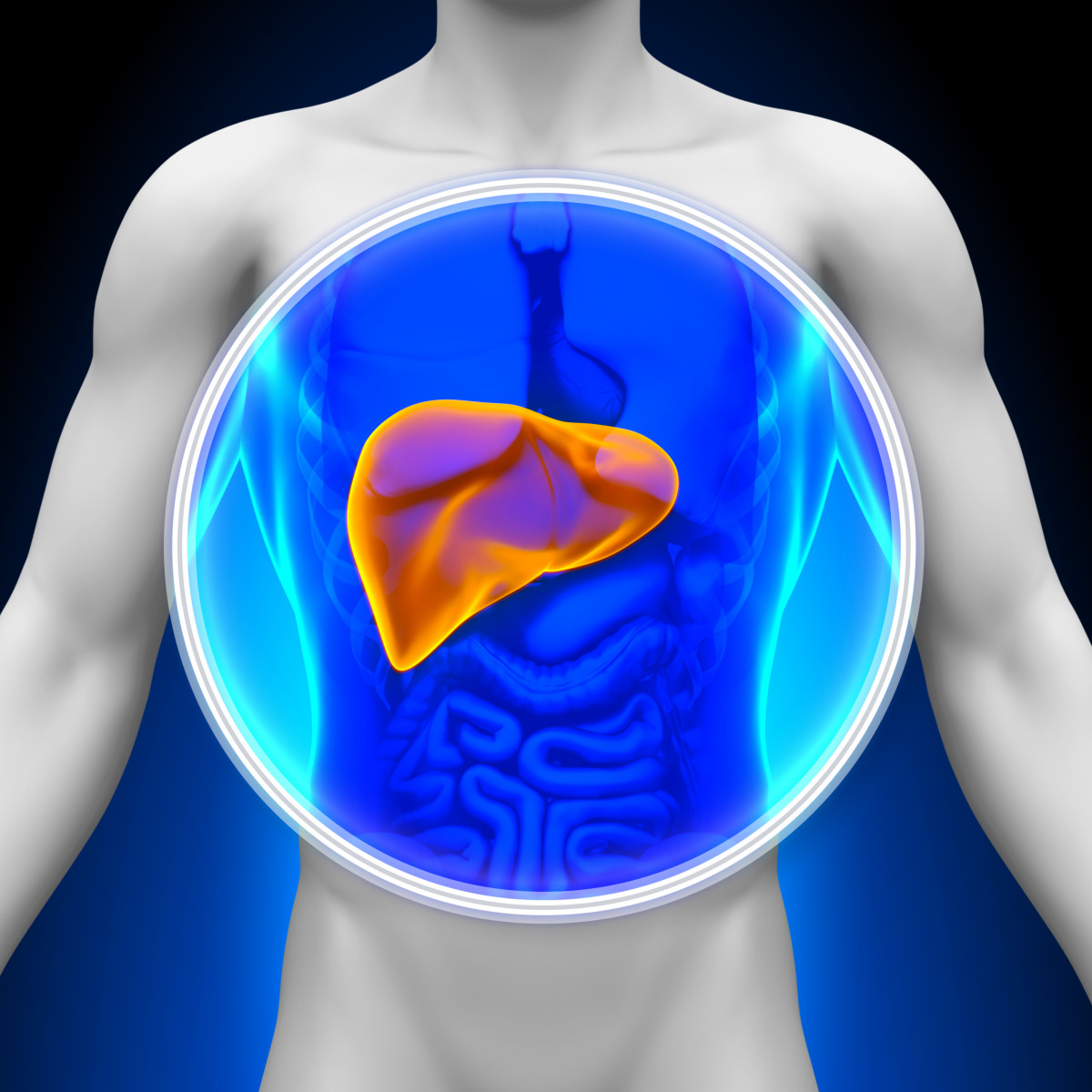Portopulmonary Hypertension Leads to Poor Outcomes in Liver Transplant Recipients, Study Reports
Written by |

Portopulmonary hypertension (PoPH) affects a significant proportion of patients who undergo a liver transplant and significantly worsens their outcomes if left untreated, a Chinese study reports.
The research underlines the importance of screening liver transplant recipients for PoPH, and treating those with the condition using specific pulmonary hypertension therapies.
The study, “Prevalence and Prognosis of Portopulmonary Hypertension in 223 Liver Transplant Recipients,” was published in the Canadian Respiratory Journal.
When pulmonary hypertension (PH) occurs in the setting of portal hypertension — elevated blood pressure in the portal vein, which directs blood from the gastrointestinal tract to the liver — the condition is termed portopulmonary hypertension (PoPH).
Patients with advanced liver disease (e.g., due to hepatitis B virus infection or cancer) may be cured through a liver transplant. But studies have found that among liver transplant candidates, PoPH was present in 5% to 6% of them.
Interested in PH research? Sign up to our forums and join the conversation!
A team led by researchers at Renji Hospital in Shanghai conducted a retrospective study to investigate the prevalence of PoPH in liver transplant patients and their prognosis, information that is currently lacking in China.
Researchers reviewed clinical data on 223 recipients of an orthotopic (donor) liver transplant, whose mean age was 50.9 and mean follow-up after transplant was 26 months. The major cause of liver disease was HBV infection (162 cases out of 223; 72.7%).
Results showed that only a small fraction of the patients had PoHP, or 14 of 223 patients (6.3%). Eight (57%) died within one year, with the main cause of death being pulmonary infection. A ninth person died later, during follow-up. In contrast, fewer deaths were recorded in transplant patients without PoPH, 38 out of 209 (18%).
Furthermore, non-PoPH patients survived significantly longer than those with the condition. Median survival time after transplant for PoPH patients was 11.4 months.
Survival analysis showed that “the prognosis of PoPH patients was worse than that of patients without PoPH,” the researchers wrote.
Overall, the team concluded that liver transplant is the best available therapeutic option for patients with advanced liver disease, and is also effective for those with PoPH. “However, without PAH-specific therapy, patients with PoPH still have a poor prognosis” after a liver transplant, researchers wrote.
They considered it “essential to screen for PoPH in patients with advanced liver disease.”



